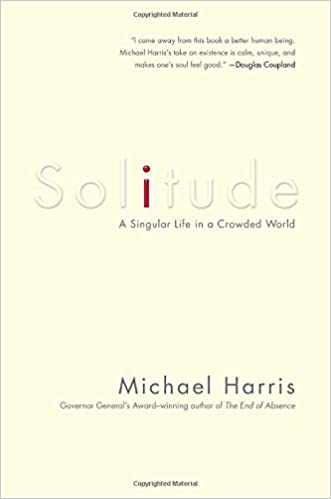Dr. Edith Bone has decided not to cry.
On this autumn afternoon in 1956, her seven years of solitary confinement have come to a sudden end. Beyond the prison gates, the Hungarian Revolution's final, scattered shots are echoing down the streets of Budapest. Inside the gates, Dr. Bone emerges through the prison's front door into the courtyard's bewildering sunlight. She is sixty-eight years old, stout and arthritic. She steps from the prison's entrance and blinks at the sky. And then she sees them waiting for her. Those suited, peering men. They are all waiting to see her tears.
Photographers and reporters hoist their barrel lenses and spiral notebooks by the gleaming bus that has come to take her to the British embassy. They watch for the mark of those seven years alone. What scar does such isolation leave on the face? On the hooded eyes? The ordinary result is a descent into madness and crippling depression. But as Dr. Bone steps slowly across the courtyard toward the iron gates, she appears perfectly sane. If anything, she now looks cheerful. The officials and journalists stare. A man from England's Daily Express scribbles in his notebook, trying his best to dramatize things: he writes that she is limping. Later, in a week or so, he'll be embarrassed to learn she was simply given the wrong-sized shoes.
* * *
Dr. Bone was born in Budapest in 1889 and proved an intelligent - if disobedient - child. She wished to become a lawyer like her father, but this profession was closed to women. Her options were schoolmistress or doctor; she accepted the latter. Toting her great-grandfather's stethoscope and an ivory-handled Aesculapius stick, she enrolled in the medical faculty at Budapest University in the fall of 1908.
The Great War began soon after her graduation, and so she went to work in a military hospital. Perhaps it was there, seeing the suffering of the poorer classes, that her communist sympathies bloomed: she watched an illiterate Romanian soldier - a shepherd before the war - as he cried at the window for days, cradling a shattered arm and worrying about his lost children. He was only one broken man among many.
After the war, Dr. Bone devoted herself to Party work in England for sixteen years, and it was this foreign connection that would excite the suspicions of authorities when she returned to Communist Budapest in 1949.
Secret police stopped her at the airport on her way back to England; they packed her into their car and soon were driving her past a sheet-iron gate into their headquarters. "Haven't we conspired well?" joked the driver. "Nobody knows where you are." Indeed, her friends in England assumed she was staying on in Hungary and her friends in Hungary assumed she'd left for England. Dr. Bone just disappeared.
Inside headquarters, a slim man presented himself, decked in fine clothing and smooth manners. He took her into a little office and told her they knew she was a spy, an agent of the British secret service. "Until you tell us what your instructions were, you will not leave this building."
Dr. Bone replied: "In that case I shall probably die here, because I am not an agent of the secret service." She was then told that her arrest was proof of guilt because the Party did not arrest innocent people.
She was escorted into the basement, and then into a narrow cell barely larger than its iron-framed bed. She could reach up and touch the ceiling. Much to the annoyance of her jailors, Dr. Bone lay herself down and fell immediately into a peaceful sleep.
